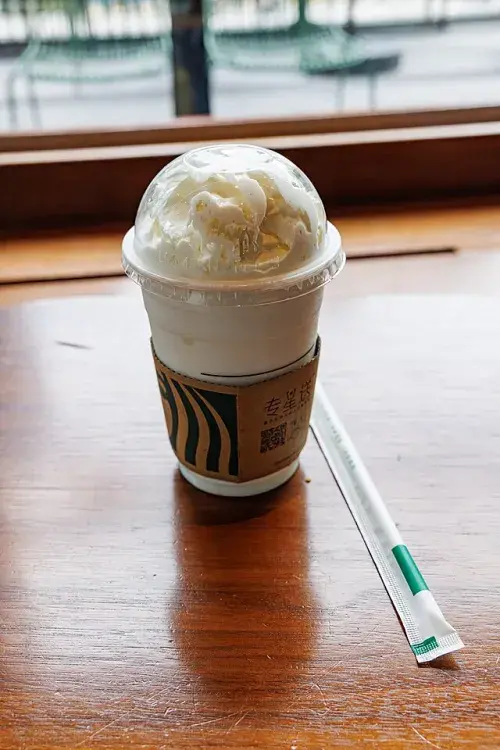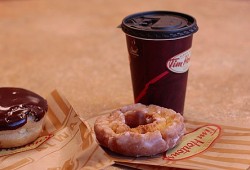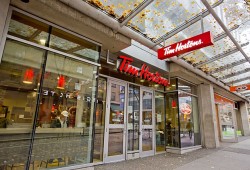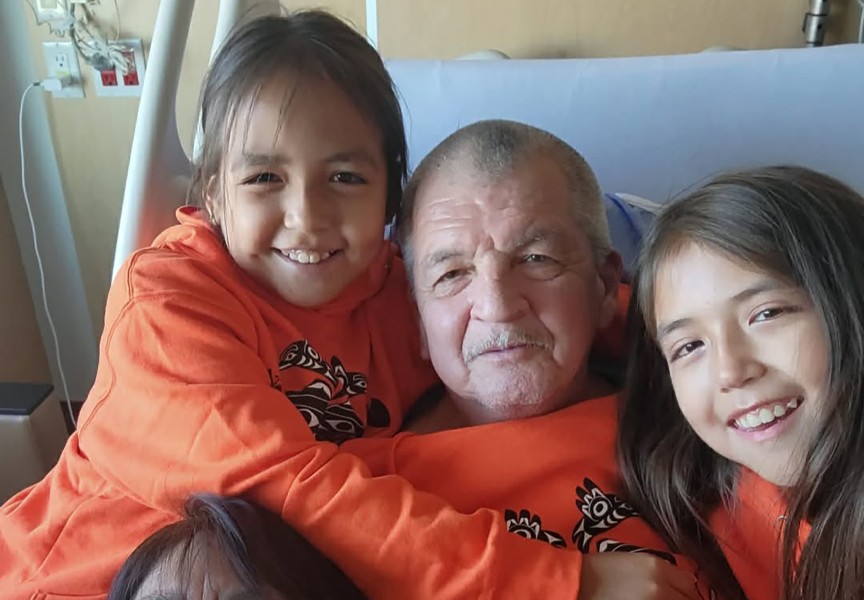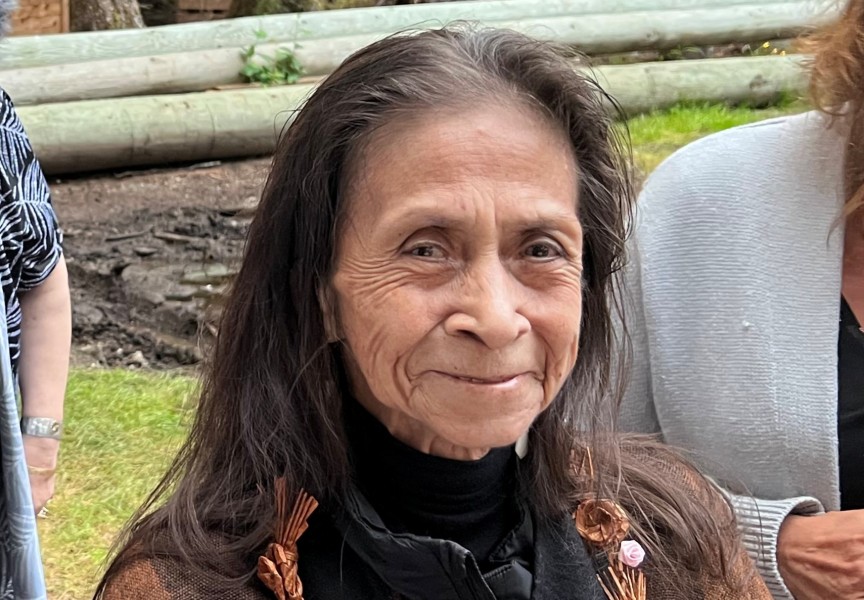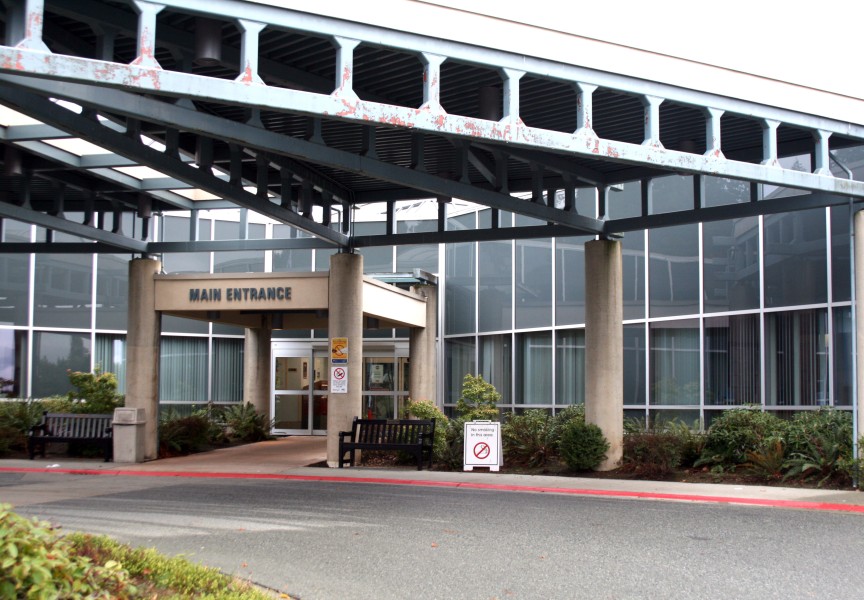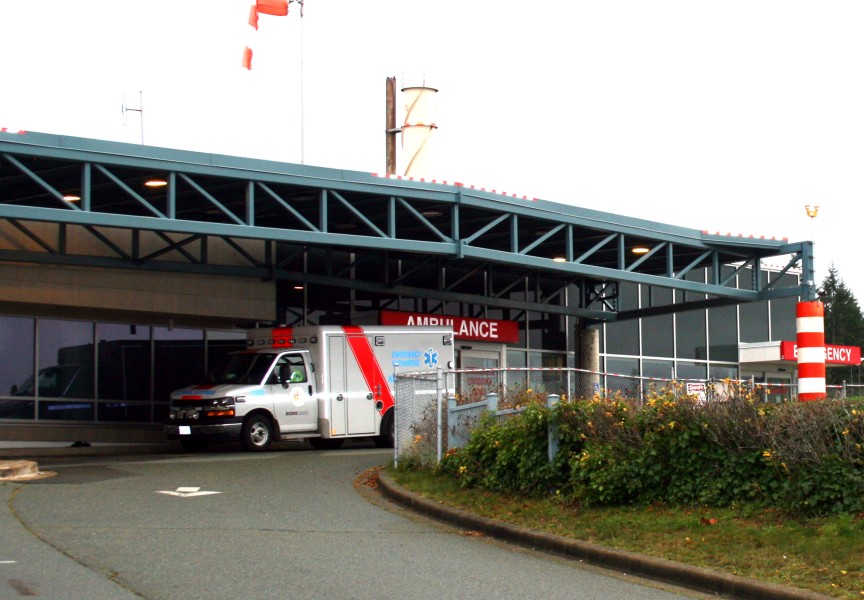In the wake of the nine-to-five hustle, juggling the demands of work, school, and family, oftentimes takeout caffeinated drinks save the day. But health professionals share that many pre-sweetened caffeinated drinks have a higher sugar, fat and calorie content than people are aware of.
“A lot of people don't know necessarily how many calories and how much sugar is in a lot of the drinks that they consume,” said Jen Cody, a dietician with the Nuu-chah-nulth Tribal Council. “Most of the drinks that are available through [Tim Hortons] or Starbucks…have a surprising amount of fat and sugar in them.”
At Tim Hortons a medium double double contains 200 calories with 13g of fat and 21g of sugar (five teaspoons), at Starbucks a grande caramel macchiato contains 250 calories with 7g of fat, and 33g of sugar (8 teaspoons), and at McDonald’s, a French vanilla cappuccino contains 260 calories, 6g of fat, and 34 g of sugar (8 teaspoons). To compare, a can of Coke contains 39g of sugar (9 teaspoons).
Canada’s Heart and Stroke Foundation recommends “no more than” 48 grams (11 teaspoons) of added sugars in a day. But for a healthy diet, less than half of that is recommended for the average 2,000 calories a day.
According to Diabetes Canada, Canadians eat an estimate of 110g (26 teaspoons) of sugar each day for a 2,000 calorie-a-day diet, which includes sugars added to food and drinks, as well as naturally occurring sugar in milk products, vegetables, and fruit. Based on a 2004 study, 35 per cent of an adult's daily sugar consumption was attributed to beverages.
“We are a culture that is really focused on sugar in our diet, and the more sugar that we have, the more that we want,” said Cody.
“Everybody's on this colonial diet now,” said Matilda Atleo, an Indigenous educator in diabetes at the First Nation Health Authority (FNHA).
Cody explains that in one year, if a person consumes 100 extra calories per day, they will gain roughly 10 pounds.
“Ten pounds has an effect on your heart and on your blood, and on all different aspects of your health,” said Cody.
According to Canada’s Heart and Stroke Foundation, overconsumption of sugar can lead to heart disease, stroke, obesity, diabetes, high blood cholesterol, cancer, and cavities.
“I think it's just really important to bring out that awareness of the sugar content and what happens when you consume so much sugar,” said Atleo.
High consumption of sugar in one's diet in combination with no physical activity will cause weight gain and those factors alone are connected pre-diabetes, said Alteo.
Cody adds that some caffeine drinks can take up a significant portion of the recommended daily calorie intake, especially in the larger sizes. One drink could lead to an extra 200 to 500 calories a day, she continued.
Starbucks’ Grande Caramel Ribbon Crunch Frappuccino contains 470 calories, 22g of fat, and 60g of sugar (14 teaspoons), while at McDonald’s their medium Mocha Frappe contains 490 calories, 20g of fat, and 60g of sugar (14 teaspoons). Tim Hortons medium Mocha Iced Capp contains 530 calories, 24g of fat and 72g of sugar (17 teaspoons).
“It's really easy to drink a lot of calories very quickly and not register that you've had that [many] calories in a short period of time,” said Cody. “Your body doesn't really have the time to respond… and then adjust to what that means in the calories that you have later on in the day.”
“I think that having those treats occasionally is great, and if they want to have it as sweet as they like it, then that's okay,” said Cody. “It's when you're having that treat every day or having it more than once a day.”
For those who are having high sugar treats every day or twice a day, she suggests asking yourself why it's fulfilling and how it could affect your health overall. Cody recommends being more aware of how you feel 45-minutes to two hours after consuming a sugary drink, ordering the smaller size, or half sweet.
But she also suggests choosing a different drink entirely that has lower fat and sugar contents.
“When it comes to coffee, I think, keep it simple, don't add sugar,” said Atleo. “People in Italy, they have espressos, little cups of strong coffee, [with] nothing added.”
“They enjoy the taste of coffee, they don’t add all the stuff to it,” said Atleo.
Cody suggests drip coffee or an Americano, and adding a small portion of cream and sugar to taste rather than ordering a pre-sweetened drink.
Flavoring water with fruits, berries, and herbs is another suggestion Cody made to help stay hydrated and connect people to traditional food and medicines.
“I've talked to so many people who have decided, with this new year, that they [want to] cut sugar out of their diet, and they have stepped away from a lot of the drinks that they have been having that have a lot of sugar,” said Cody. “That evened out their energy for the whole day, and they feel a lot better.”
Cody recommends having a good breakfast, lunch and dinner to maintain energy throughout the day.
“You're eating regularly during your day, and having foods that are low in sugar will really help,” said Cody.
“I think it's always been a concern and I think we need to take it more seriously,” said Atleo. “[People] really have to be conscious of the amount of sugar and try to cut back and just have plain coffee.”

